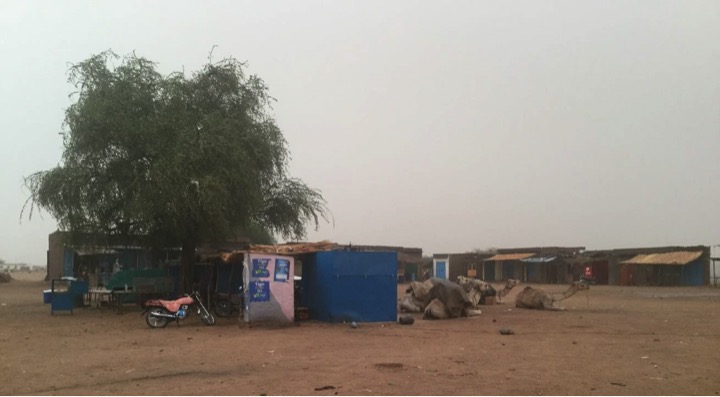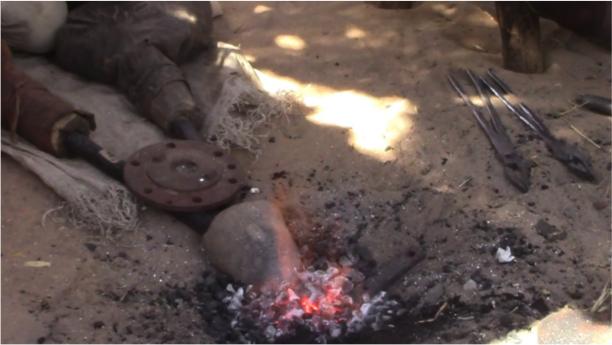Media Pilot Project (started October 2020)
Creating mother-tongue health and community education resources for the Masalit people of Chad and South Sudan.
There are approximately 800,000 Masalit people living in Chad and Sudan and they have suffered much inequality and ethnic persecution. Over 150,000 Sudanese Masalit have fled ethnic violence targeting them in the Darfur region of Sudan, and are currently living as refugees in Chad. They are mostly pre-literate; until the last 10 years no alphabet existed in their language. This, and lack of education, has left them vulnerable to preventable illness, mismanagement of their few remaining resources, and social problems. Provision of educational media in their language will help them to meet these challenges as they struggle to be included in a rapidly changing world.
|
Masalit people are fiercely proud of their language and culture and are struggling to preserve them both, in the wake of human rights abuses in which their tribe has been targeted and thousands have been killed and displaced starting in 2003 and continuing to the present. We hope to contribute to a more equal society in which Masalit language speakers can pursue education, take part in media and join society's wider conversations. Media technology is spreading rapidly even among the world's poorest. The few pieces of media that do exist in the Masalit language often spread virally from phone to phone. |
The town square
|
Our approach
By training Masalit community educators and involving respected community leaders, it is hoped that the videos will, whilst conferring status on those involved, have a very wide appeal and a high level of credibility.
The project began with the hiring of two media technicians, both of whom had some previous computer experience but, being based in a village with no power grid, there were no locals who had edited or worked with video before.
However, with solar power available and a computer dedicated specifically to this project, the technicians were able to start learning quickly and have already made a number of short films. Among them, one addresses the dangers of smoking. Most of the locals know it to be "bad" but few have any idea what types of health problems it causes; indeed, few know what cancer is. Another of the films helps people understand the importance of drinking clean water. Not knowing germ theory of disease, it's hard for them to understand why contaminated water makes children sick, for example.
It is intended that videos will cover such topics as:
|
|
|
A slide from a video showing how spearheads used to be forged in a fire with a bellows |
Further information will be available on this soon, giving an indication of the unique challenges of training people who are not media-immersed western viewers. Please follow this link to watch one of the first videos created by the technicians, affirming the Masalit culture by recording how people used to make fire before matches were available: Video |


